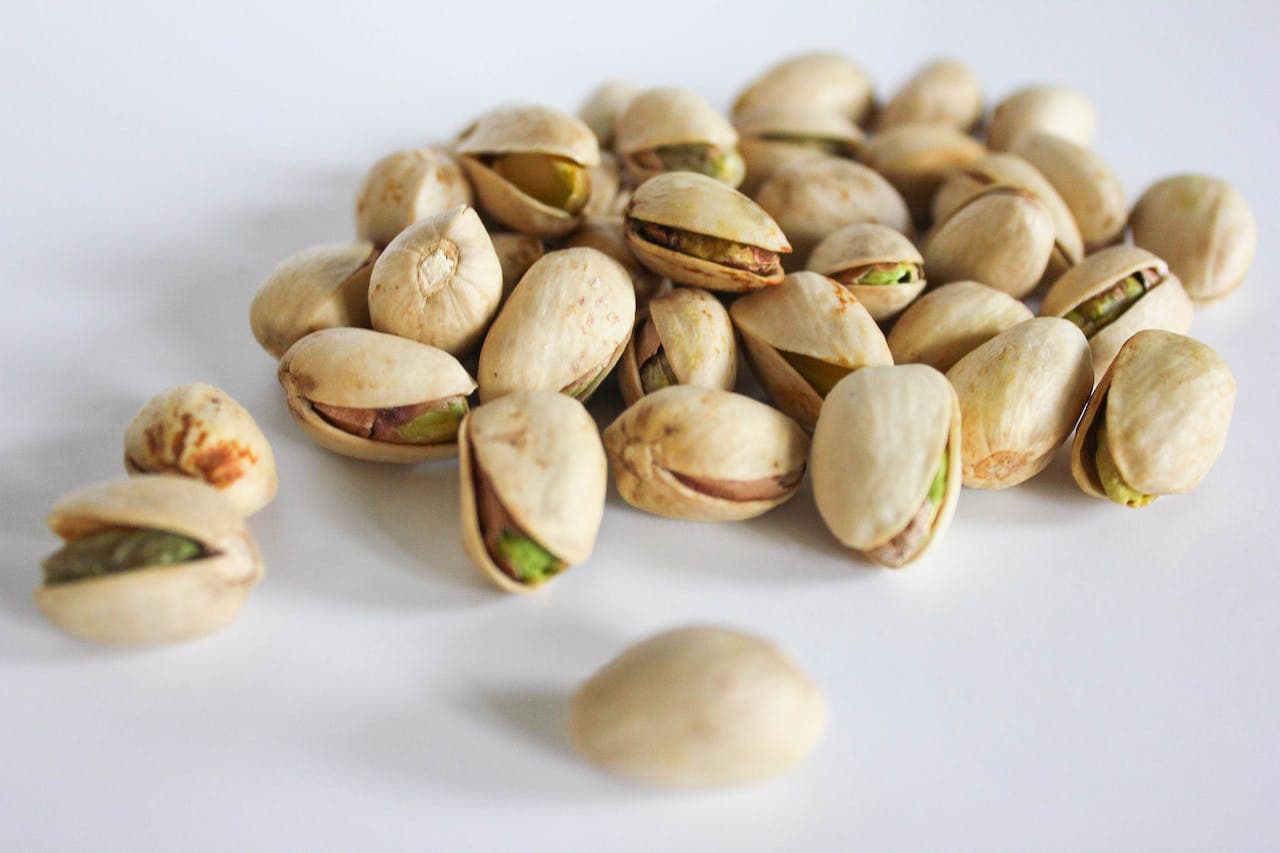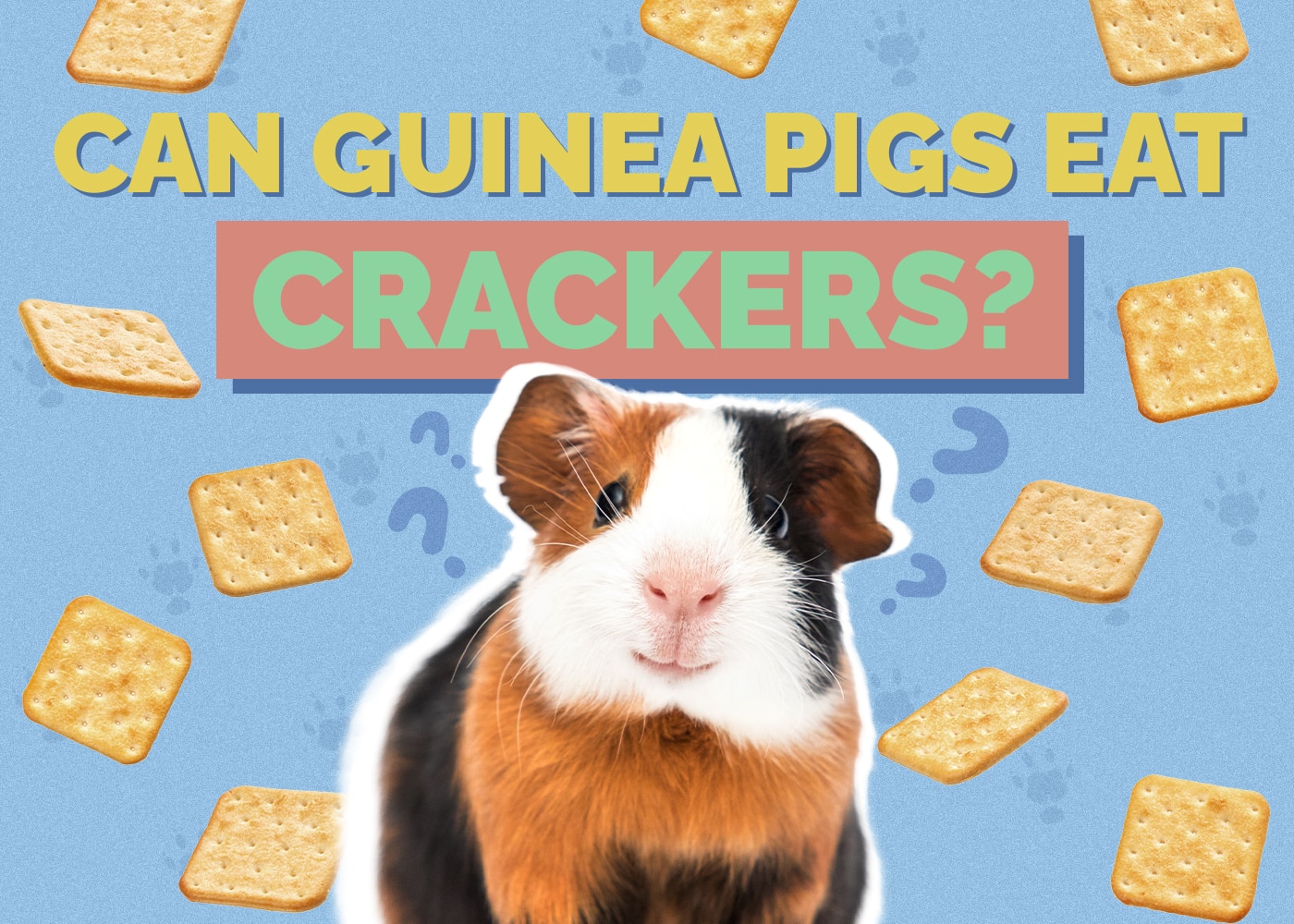Are Guinea Pigs Rodents? Taxonomy Explained

Updated on
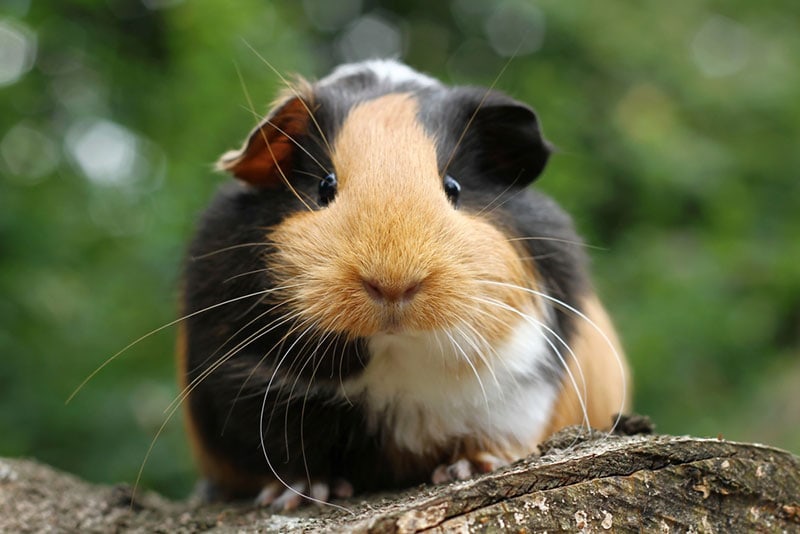
Click to Skip Ahead
If you’ve searched online for the answer to whether guinea pigs are rodents, you’ve likely been met with conflicting results. So, we’re going to clear up the confusion once and for all. Yes, guinea pigs are rodents!
Specifically, the scientific community categorizes them under the family Caviidae in the Rodentia order. Now that we’ve answered that, let’s dig a little deeper and get a comprehensive understanding of the guinea pig’s taxonomy and history. We’ll also throw in some interesting trivia throughout for good measure.
Rodentia: More Than Just Rats and Mice
First things first: it’s important to understand what a rodent is. Rodents are mammals distinguished by their two continuously growing incisors in the upper and lower jaws, which they keep filed down through gnawing.
The order Rodentia encompasses a vast range of species, from the tiniest African pygmy mouse to the enormous capybara. And nestled within this order is our friendly Cavia porcellus, or as we affectionately know them, the guinea pig.
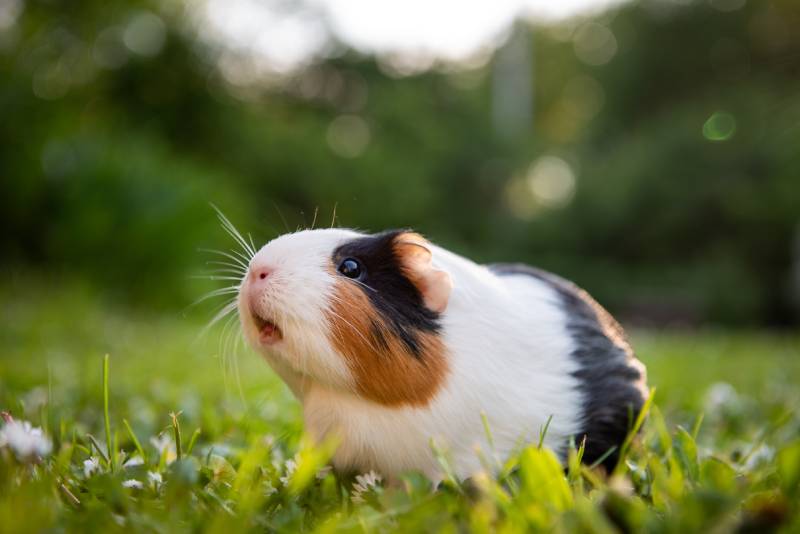
Caviidae: The Family of Cavies
When we zoom in on the taxonomy tree, we come to the family Caviidae. This family includes guinea pigs and their wild relatives. Despite the “guinea pig” name, they are not from Guinea, and they have zero relation to pigs.
The origin of the name remains something of an enigma. The scientific community often refers to guinea pigs as “cavies”, a term that breeders also use.
Cavia: The Genus of Domestic Cavies
The Cavia genus is where the guinea pig makes its taxonomic home. These critters are native to the Andes of South America. It’s hypothesized that domestic guinea pigs descended from a closely related cavy species, such as C. tschudii.1
These ancestors of our household pets do not exist naturally in the wild anymore, but they continue to live in the homes of pet lovers around the world.
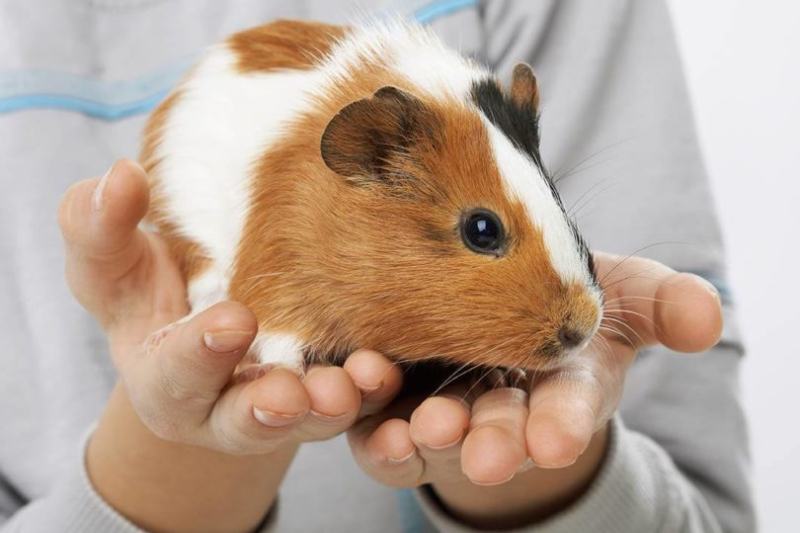
Cavia Porcellus: The Domestic Guinea Pig
The Cavia porcellus, or the domestic guinea pig, is not only a popular pet in Western societies but also a significant part of the culture for many indigenous Andean peoples.
These cute creatures have even found their way into folklore, folk medicine, and community religious ceremonies. In some parts of the world, they still serve as a source of meat, particularly in the Andes Mountains, where they’re known as “cuy”.
Guinea Pigs and Science
In addition to being pets and cultural icons, guinea pigs have also contributed significantly to the scientific community. Since the 17th century, these creatures have been utilized in biological experimentation due to their relative ease of handling and their biological similarities to humans.
They have even served as models for studying various human medical conditions, from juvenile diabetes and tuberculosis to pregnancy complications and scurvy.
Although other rodents like mice and rats have since replaced them in many research contexts, guinea pigs continue to be used in certain areas of study.
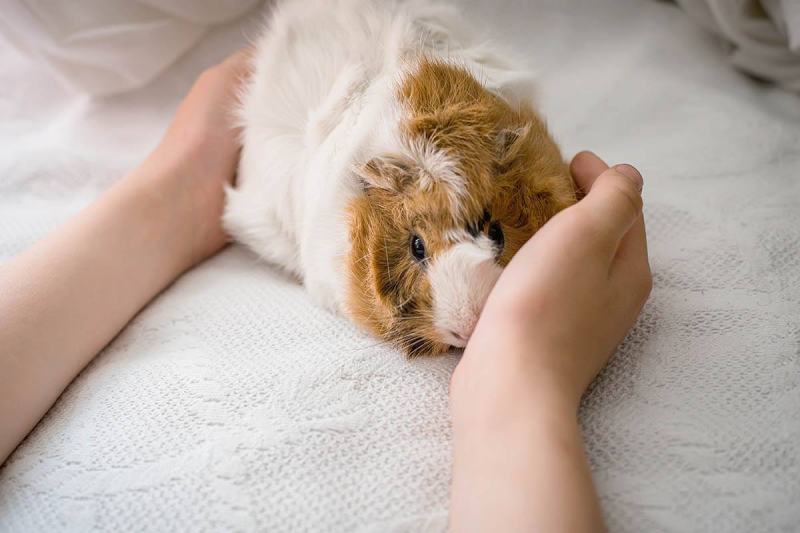
The 5 Tips to Keep Your Guinea Pig Healthy and Safe
While we’ve taken a historical and scientific journey through the life of guinea pigs, it’s also crucial to remember our responsibilities when caring for these creatures. Here are some tips to ensure your pet guinea pig stays healthy and safe:
1. Adequate Nutrition
Guinea pigs are herbivores and require a diet rich in fruits, vegetables, and high-quality hay. Like humans, they also require a dietary intake of vitamin C, so ensure they get enough of this essential nutrient.
2. Proper Housing
Guinea pigs need a spacious and clean living environment. Provide them with a large, well-ventilated cage, and make sure to clean it regularly.
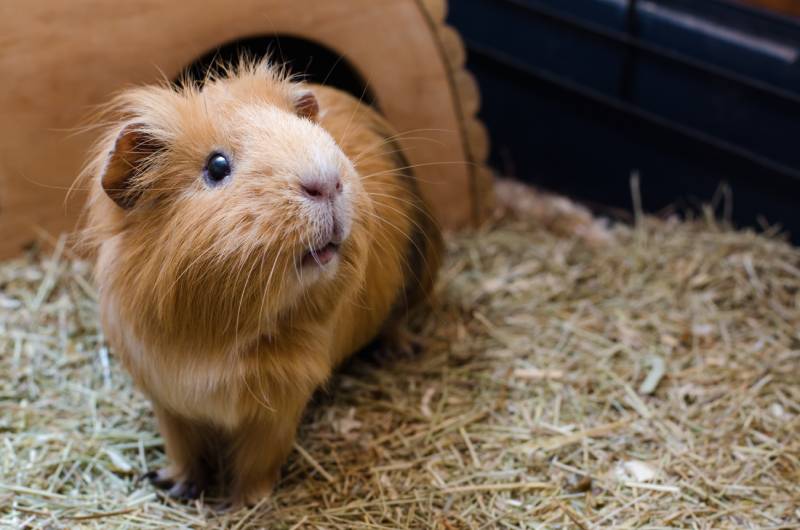
3. Social Interaction
Guinea pigs are social animals and thrive on interaction. If possible, consider keeping more than one guinea pig. However, make sure to neuter/spay them to prevent unwanted litters.
4. Regular Exercise
They may not look it, but regular play and exercise are essential for a guinea pig’s health. Provide safe toys and allow them supervised time out of their cage. This will allow them to stretch their stubby little legs and get the physical exercise they need.
5. Routine Vet Checks
Regular veterinary check ups can help identify potential health issues before they become severe. You might first need to make sure your vet is familiar with guinea pig health needs. It’s a good idea to ask around to find the right vet for your cute little pet.
Your vet can advise you on even more essential tips. If you’re ever unsure, just ask. A veterinarian knowledgeable of guinea pigs can provide crucial guidance for optimal pet health and happiness.
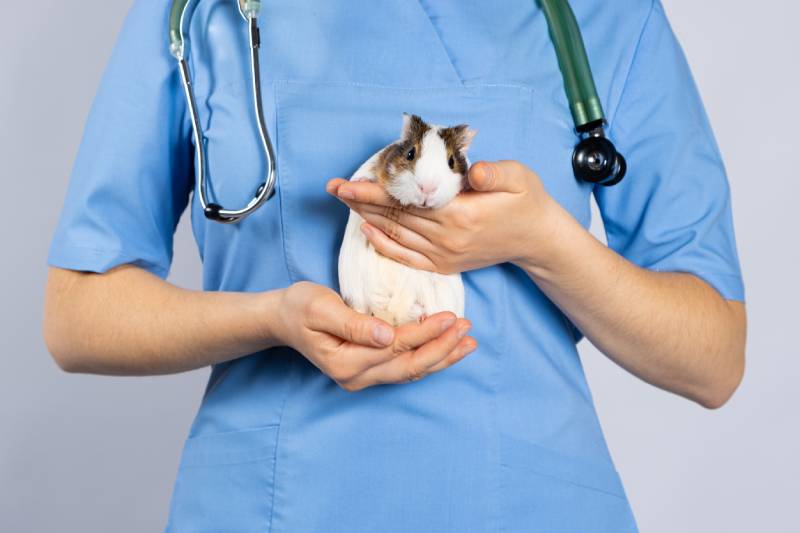
 Conclusion
Conclusion
That settles it. Yes, guinea pigs are rodents! And yet, they’re so much more than that. They’re fascinating creatures with a rich history and have contributed significantly to our society—from pets to scientific contributors.
As we continue to enjoy the company of these delightful critters, let’s ensure we provide them with the best care possible so they live happy, healthy lives.
Featured Image Credit: Miroslav Hlavko, Shutterstock


